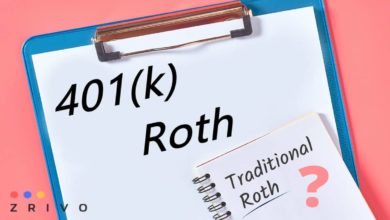Pensions and Annuities
Pensions and Annuities both offer a way to grow your retirement savings while receiving a stream of payments in retirement. Both options are becoming increasingly popular, but each has advantages and disadvantages.

Pensions and annuities are both types of retirement income streams, but they differ in their structure and how they are funded. A pension is a fund set up by an employer to pay a person a steady stream of income after they retire. It is typically tax-deferred and provides a guaranteed minimum income level at retirement. It is also often backed by the government. On the other hand, an annuity is a contract purchased from an insurance company and invested in stocks or bonds to earn a regular income.
Employers typically offer pensions as part of an employee’s benefits package. Employers contribute to the pension fund on behalf of the employee.Pensions are usually defined benefit plans, which means the retirement benefit is predetermined based on a formula that considers factors such as years of service, salary history, and age. Pensions provide a guaranteed income stream for life. The pension benefit amount is generally fixed and not influenced by investment performance. The employer is responsible for managing the pension fund and ensuring sufficient funds meet future pension obligations.

Annuities are typically purchased by individuals from insurance companies. The individual pays premiums or invests a lump sum into the annuity. Annuities are often considered defined contribution plans, where the amount of income received depends on the contributions made and the performance of the underlying investments. Annuities can be either variable or fixed. Variable annuities are invested in a range of investment options, and the income fluctuates based on the performance of the investments. Fixed annuities provide a guaranteed income stream based on a predetermined interest rate. The individual is responsible for managing their annuity, including selecting the type of annuity, making contributions, and monitoring the investment performance.
What is the Difference Betweeen Pensions and Annuities?
- Pensions are employer-sponsored, while annuities are individually purchased from insurance companies.
- Pensions provide a predetermined, fixed benefit, whereas annuities offer flexibility in terms of contributions and investment performance.
- Employers manage pension funds, while individuals are responsible for managing their annuities.
- Pensions carry less investment risk for the individual as the employer guarantees the income. Annuities, especially variable annuities, expose individuals to investment risks based on the performance of the underlying investments.





